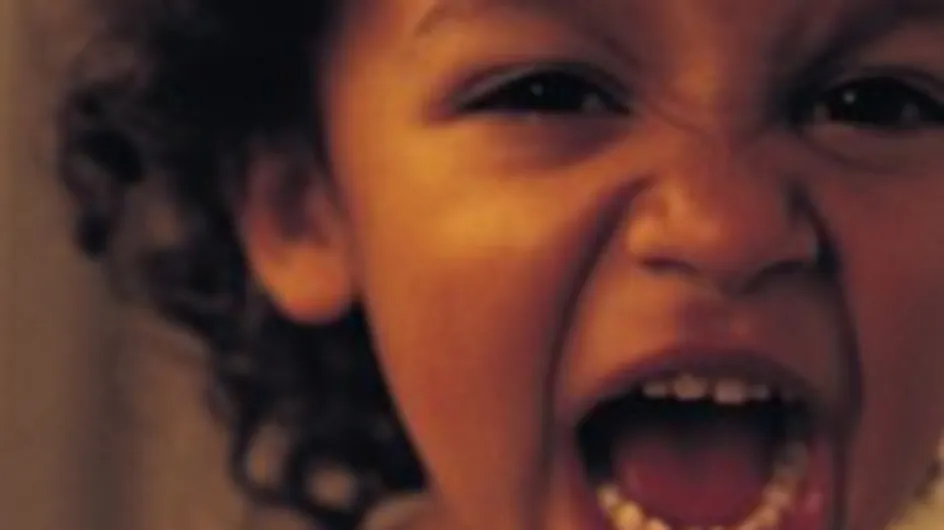Unfortunately, anger issues aren’t restricted to the terrible twos - children of any age can experience difficulties controlling their frustration and anger, and it’s essential then as a parent that we’re equipped with strategies not just to help us stay calm, but also to help our children manage their anger.
Why do children get angry?
Some level of anger in children is perfectly normal. Young children between the ages of two and four often get frustrated because they aren’t able to control their surroundings, and don’t know how to verbalise their feelings.
Older children can also experience bouts of anger, and this can be a useful way for them to learn how to deal with their emotions. However, anger can still be upsetting, so it’s useful to have some tricks and techniques up your sleeve.
When you feel the anger brewing...
Anger management for children doesn’t have to complex. Naomi Richards is a children’s life coach, and author of The Parent’s Toolkit.
'There are some very simple things you can do to help your child manage their anger,' says Naomi.
'Suggest they use a notepad and write down what has made them angry, do something energetic like running around the garden or get them to calm down in their own space, listening to music in their bedroom or lying down on their bed.'
Once they are calmer, reflection is important. 'Help your child to think about what it is that is really making them angry,' suggests Naomi, 'and help them to recognise when they are angry - what does their face look like and how do they feel - can they stop it before it starts?'
Listen to your child
Don’t play down your child’s distress, or undermine their anger. This won’t help with the initial source of the anger, and will also leave your child feeling like you don’t listen or understand them. Anger management for children has to start with understanding and accepting.
Jennifer Harvey is a single mother of three who blogs about her experiences of parenting.
Jennifer, says 'I have seen my fair share of tantrums, but when my eldest son went through a stage of having real problems managing his anger and aggression, I was really concerned.
Exhortations to calm down or to 'stop being so dramatic' were counter-productive - there was no point in trying to deny or minimise his angry feelings - they were real, and he needed help to try and deal with them'
Professional anger management for children
Mark Bradley has worked all over the world providing psychological support to individuals and families.
Mark works with whole families, and believes that professional support can be very useful in bringing expertise and objectivity to more complex family difficulties.
'Independent of the family,' explains Mark, 'the professional is unburdened by the natural anxieties, deep emotions and frustrations that conflict and anger brings. They have the advantage of an evidence based approach and can provide a framework individualised for the family concerned.'
A professional can support you to implement practical strategies, designed to suit your individual situation. 'They also can acknowledge and work on your role in the situation,' says Mark, 'which many parents find very hard to even see.'
What not to do
Alongside the techniques already described, there are a few things that it is important to remember not to do:
- Don’t lose your own temper, raise your voice or makes empty threats. It’s really important that your child sees that you at least are in control.
- Don’t try to make your child suppress their anger, or keep their feelings bottled up.
- Don’t be afraid to ask for help and support as coping with an angry child can leave you feeling exhausted and helpless.
Where to get help
Dedicated family support organisations can be an excellent source of impartial, non-judgemental support and information:
If your child is experiencing more severe anger issues, that last for longer than normal, occur very frequently, or leave you concerned that they pose a physical risk to themselves or others, please do talk to a professional, such as a GP.
You might also like...
Having trouble? Chat with other mums in the same boat!Keep your kids safe online

Coping with tantrums














